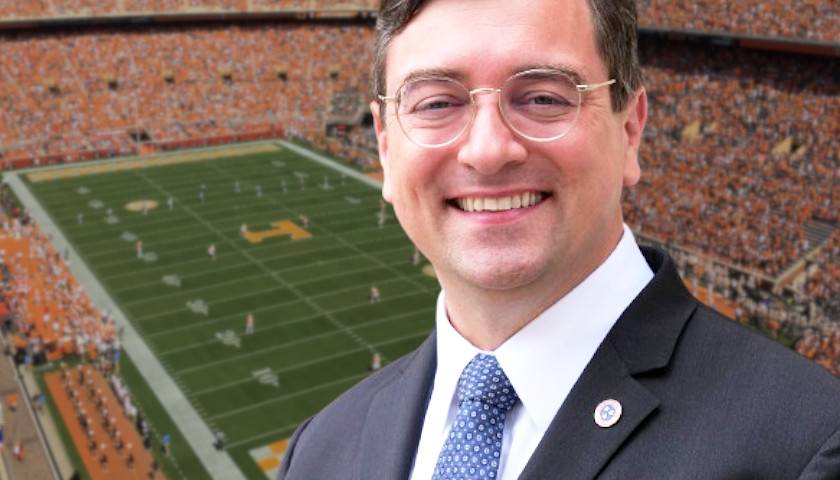The Eastern District Court of Tennessee granted Tennessee Attorney General Jonathan Skrmetti’s preliminary injunction request in his lawsuit against the National Collegiate Athletic Association’s (NCAA) illegal name, image, and likeness (NIL)-recruitment ban on Friday.
Through its NIL recruitment ban, the NCAA prohibits prospective student-athletes from discussing potential NIL opportunities with schools and collectives prior to enrolling. Specifically, the ban prohibits student-athletes from negotiating with collectives, reviewing NIL offers before making enrollment decisions, and adequately considering the full scope of NIL-related services a school might offer upon enrollment.
U.S. District Court Eastern District of Tennessee’s Judge Clifton L. Corker has GRANTED @AGTennessee & @JasonMiyaresVA's preliminary injunction against the NCAA’s illegal NIL-recruitment ban.
➡️https://t.co/eXoxfUqs74 pic.twitter.com/KL4gXUSih2
— TN Attorney General (@AGTennessee) February 23, 2024
On January 31, Skrmetti joined Virginia Attorney General Jason Miyares in filing the antitrust lawsuit against the NCAA, arguing the NIL-recruitment ban’s restrictions “violate the Sherman Act, harm current and future student-athletes as well as the State, and should be enjoined.”
The court’s Friday ruling bars the NCAA from enforcing its NIL-recruitment ban until the case is decided.
“The court’s grant of a preliminary injunction against the NCAA’s illegal NIL-recruitment ban ensures the rights of student-athletes will be protected for the duration of this case, but the bigger fight continues,” Skrmetti said in a statement in response to Friday’s court ruling. “We will litigate this case to the fullest extent necessary to ensure the NCAA’s monopoly cannot continue to harm Tennessee student-athletes. The NCAA is not above the law, and the law is on our side.”
“Today’s win is a game-changer for student-athletes everywhere, giving them more freedom to negotiate and benefit from their countless hours of hard work, sacrifice, and determination. The NCAA has taken advantage of young talent for too long — it’s time to even the field,” Miyares added.
Skrmetti and Miyares are also plaintiffs in an antitrust lawsuit against the NCAA’s Transfer Eligibility Rule, which requires Division I athletes who transfer a second time to wait one year to compete.
– – –
Kaitlin Housler is a reporter at The Tennessee Star and The Star News Network. Follow Kaitlin on X / Twitter.




